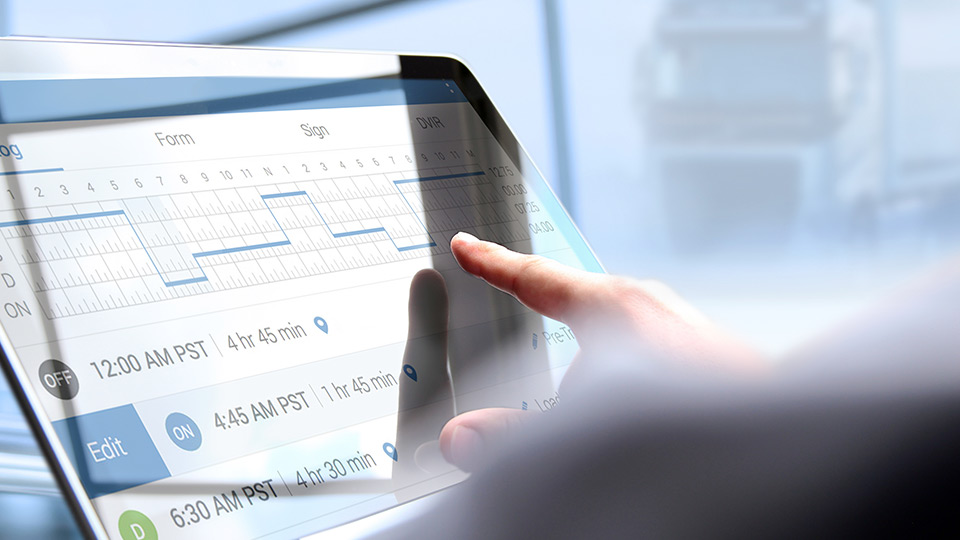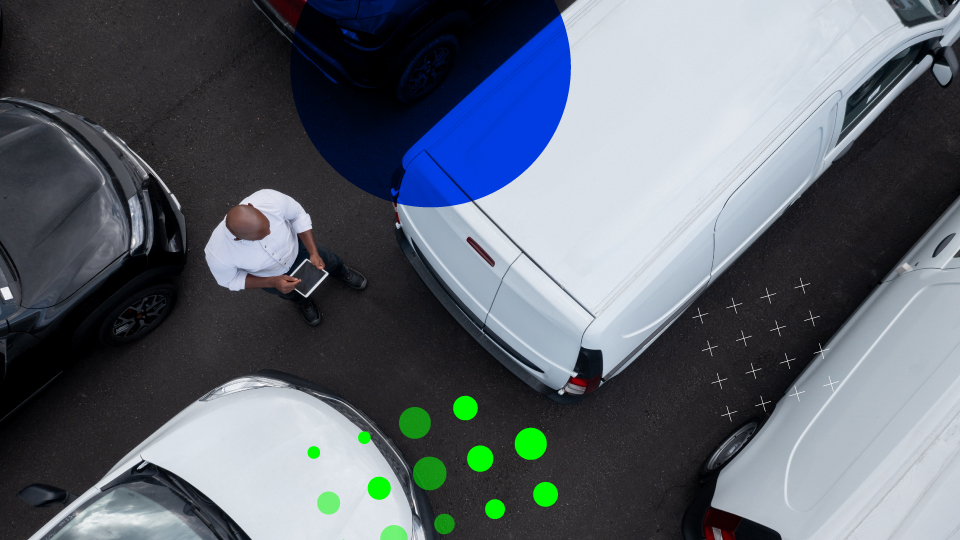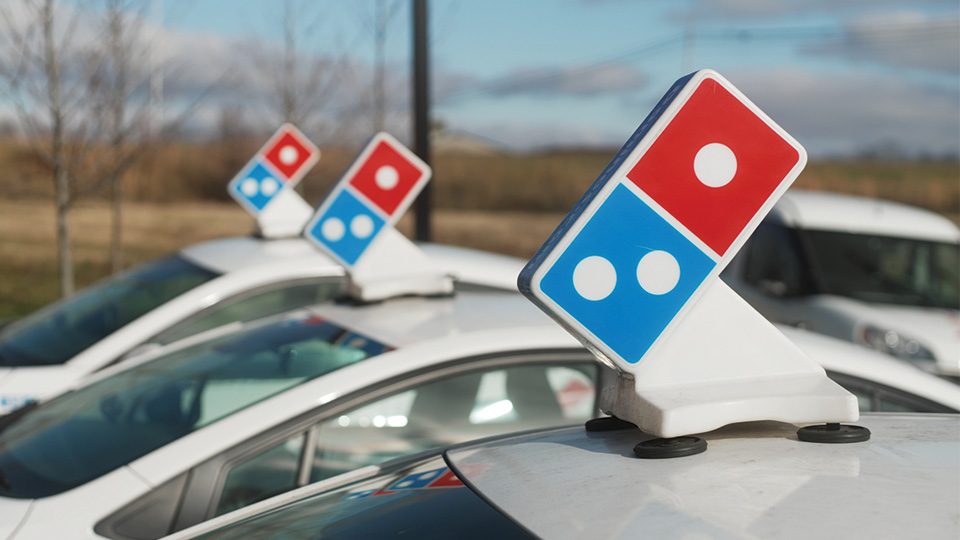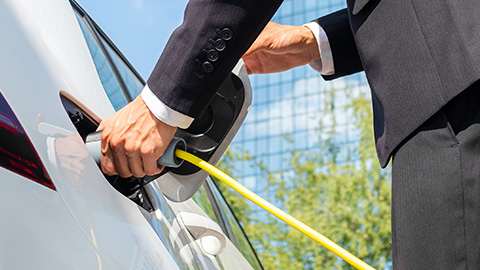
Preventing negligent entrustment: Plausible deniability vs. telematics
Published on October 2, 2014 in Driver Safety by Geotab | 3 minute read
It is probably good advice to think twice before you hand over the keys of your car to someone else, be they your family member, your friend, or your employee.
It is probably good advice to think twice before you hand over the keys of your car to someone else, be they your family member, your friend, or your employee. The reason is simple: If they end up in an accident the lawyers may come back to you.
The legal term for this problem is “negligent entrustment”, a concept that holds vehicle owners liable for accidents or other problems if it can be shown that the owner was negligent in “entrusting” the vehicle to the driver. Of course, this doctrine becomes very relevant for companies/employers and their drivers/employees. Negligent entrustment cases stem from two main set of circumstances:
- When a company driver was unfit to drive (e.g. for health reasons or poor driving skills)
- When a company vehicle was unfit to be driven (e.g. lack of proper maintenance)
One would think that negligent entrustment will always provide an incentive to do everything reasonably possible to make cars and drivers safer, such as by using GPS fleet management technology. However, it may actually have the unintended opposite effect: Some may fear that having access to data and information provided by their GPS fleet tracking solution may make them more susceptible to negligent entrustment lawsuits. The reason is this: Through telematics, fleet managers would know of unsafe driving habits of their drivers. If they have this information, including speeding and other safety violations, but don’t do anything to correct driver behavior, they could be seen as negligent. But if they had not known about this because there was no fleet management system to alert them, they would not be negligent in doing nothing.
This concept of avoiding responsibility (including liability) through “not knowing” also has a name: It is called plausible deniability. Plausible deniability is a term coined by none other than the CIA in the early 1960s. It describes the “withholding of information from senior government officials to protect them from negative repercussions of CIA activity if they became public knowledge”. A controversial assassination on foreign soil would be the classic example.
But from its inception the defence of plausible deniability has been weak at best and downright faulty at worst. The best case scenario is that it is believed - but even then the senior official is open to the accusation that he or she did not know what was going on in their organization. In this case the response is almost always: “you should have known”. In the worst case scenario, the plausible deniability argument is not believed. In that case the official would have to answer to charges of coverup and manipulation.
While I am not a lawyer, it would seem to a reasonable person (including those who may become member of a jury) that these arguments against plausible deniability can be transferred to fleet management: Actively closing your eyes and ears to information that would be readily available from a telematics solution can’t be good management and it can’t be good “entrustment” either. Installing a proper fleet management system and using it to reinforce and improve safe driving, on the other hand, can and is.
The law and jurisprudence in this new technological area of law is far from settled, and it does appear that the courts are putting more and more responsibility at the feet of fleet managers and would reject “not knowing” as a legitimate defence. Lawyers and other experts also suggest that doing the “bare minimum” is one of the top 10 mistakes that employers make when it comes to “negligent entrustment”.
The best practice for companies therefore would seem to suggest to be proactive and to have access and use information that improves driver safety - i.e. vehicle conditions and driver habits. But companies, of course, have to be cautious that implementing the system does not interfere with the competing principle of data privacy law compliance. There is a tension between using driver and vehicle information to defend against negligent entrustment cases - which requires conscientious analysis and oversight - and respecting and complying with data privacy laws - which requires that an employee’s privacy be respected.
Finding that balance may not always be easy and it will be prudent to keep watching the evolution of the law in this area. But for now, the best course of action should be to take advantage of a high quality fleet management system, use it actively to manage driver safety and put in place and adhere to a clear and comprehensive privacy policy.
*Jeremiah Quinn Clement-Schlimm studies Political Science and American Studies at at the University of Toronto (Trinity College). Quinn spent his past summer at Geotab Inc. analyzing data privacy and protection laws around the world. This blog is meant to inform and stimulate discussion. It does not constitute legal or other professional advice to be relied upon.
If you liked this post, let us know!
Disclaimer
Geotab's blog posts are intended to provide information and encourage discussion on topics of interest to the telematics community at large. Geotab is not providing technical, professional or legal advice through these blog posts. While every effort has been made to ensure the information in this blog post is timely and accurate, errors and omissions may occur, and the information presented here may become out-of-date with the passage of time.
Get industry tips and insights
Sign up for monthly news and tips from our award-winning fleet management blog. You can unsubscribe at any time.
Republish this article for free
Other posts you might like

ELD self-certification: What you need to know
April 10, 2024

Geotab 2024 discussion recap: A Data-Driven Journey in Fleet Maintenance
March 11, 2024

How a Domino’s Pizza franchisee saves $100,000 per year
February 28, 2024

Routes to riches – Geotab Routing and Optimization drives operational efficiency and cost management
February 15, 2024





